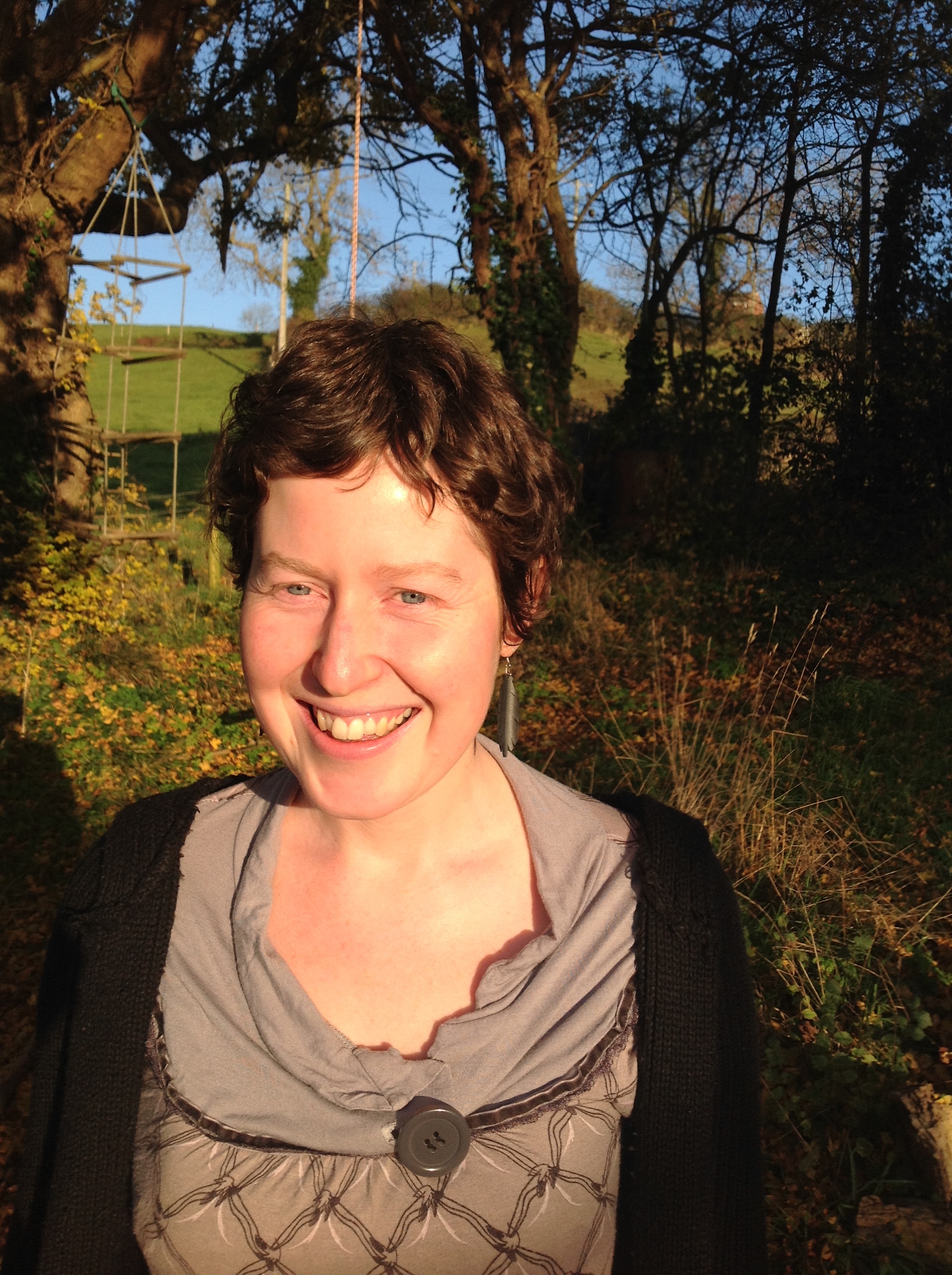Jess Orlik is a therapist in Bristol and Bishopston
What attracted you to become a therapist?
It was a mixture of things. I did a barefoot practitioner course in 2010 which started me on the path of self-healing. The experience was very profound and piqued my interest in becoming a therapist. A year or so later a friend said she was starting a counselling training and I had a powerful instinctual response, urging me to do the same.
Where did you train?
I did a one year foundation course at WPF Therapy in London and then went to the Bath Centre for Psychotherapy and Counselling BCPC to complete my professional qualification, an MA in Humanistic and Integrative Psychotherapy.
What sort of people do you usually see?
I work with adults with a range of difficulties: anxiety, depression, difficulties in relationships, problems with self esteem, body image and food, and complex childhood trauma are some examples
What do you like about being a therapist?
It's a privilege to be alongside people as they undertake their journey of self-discovery. It's a unique job which challenges, moves and interests me and one where I'm constantly learning and growing too.
What is less pleasant?
The trials and tribulations of self-employment! Publicity and marketing doesn't come naturally to me so it's something I've had to work at.
How long you've been with welldoing.org and what you think of us?
I've been with welldoing.org for a few months and have found them helpful, friendly and professional
Do you ever suggest books or apps to clients?
Not usually, though a book I might suggest for insight into relational dynamics and difficulties would be From Impasse to Intimacy by David Shaddock.
What you do for your own mental health?
I meditate regularly, keep physically active and make sure I spend time relaxing. I also have my own therapy and supervision which is invaluable, and am lucky to have good support from friends and family.
You offer therapy in Bishopston and central Bristol. What can you share with us about seeing clients in these areas?
Bristol is a diverse city so people come from all walks of life, though the cost of private therapy does mean that those on benefits or very low incomes probably wouldn't contact me. I'd like to see more public spending to improve and maintain mental and emotional wellbeing because it impacts on all areas of life and people are suffering. Mental health workers in the NHS do an amazing job but I think there's a real crisis in the UK whereby thousands of people who would benefit from in depth counselling or psychotherapy can't access it when they need to.
What's your consultation room like?
I work from two different locations. One is at the top of a Grade II listed building in central Bristol. It's a lovely room, spacious and tastefully decorated. The other room I use is part of a therapy centre called the Healing Rooms. There's a tranquil atmosphere generated by all of the brilliant therapies that take place there.
What do you wish people knew about therapy?
That it's a unique journey which is accelerated by intention. If you decide you want to face your difficulties and put that intention into the world in whatever form, it seems that life responds and throws up challenges which if worked with consciously bring about real change.
It often feels as though people come wanting to suffer less, and leave feeling more able to cope with the suffering that life inevitably throws at us from time to time.
It really is about coming to terms with whatever is there and meeting life's challenges with curiosity, openness and flexibility.
What did you learn about yourself in therapy?
So many things, and I'm still learning. Maybe one of the main things has been humility in relationships. Some of my most significant learning has been when I've been sure I've been right, only to suddenly see how I've been acting unconsciously from an old emotional wound. These days I'm able to see the funny side in those moments; I know I'm only human and therapy has helped me be infinitely more accepting of myself and others than I was previously.

